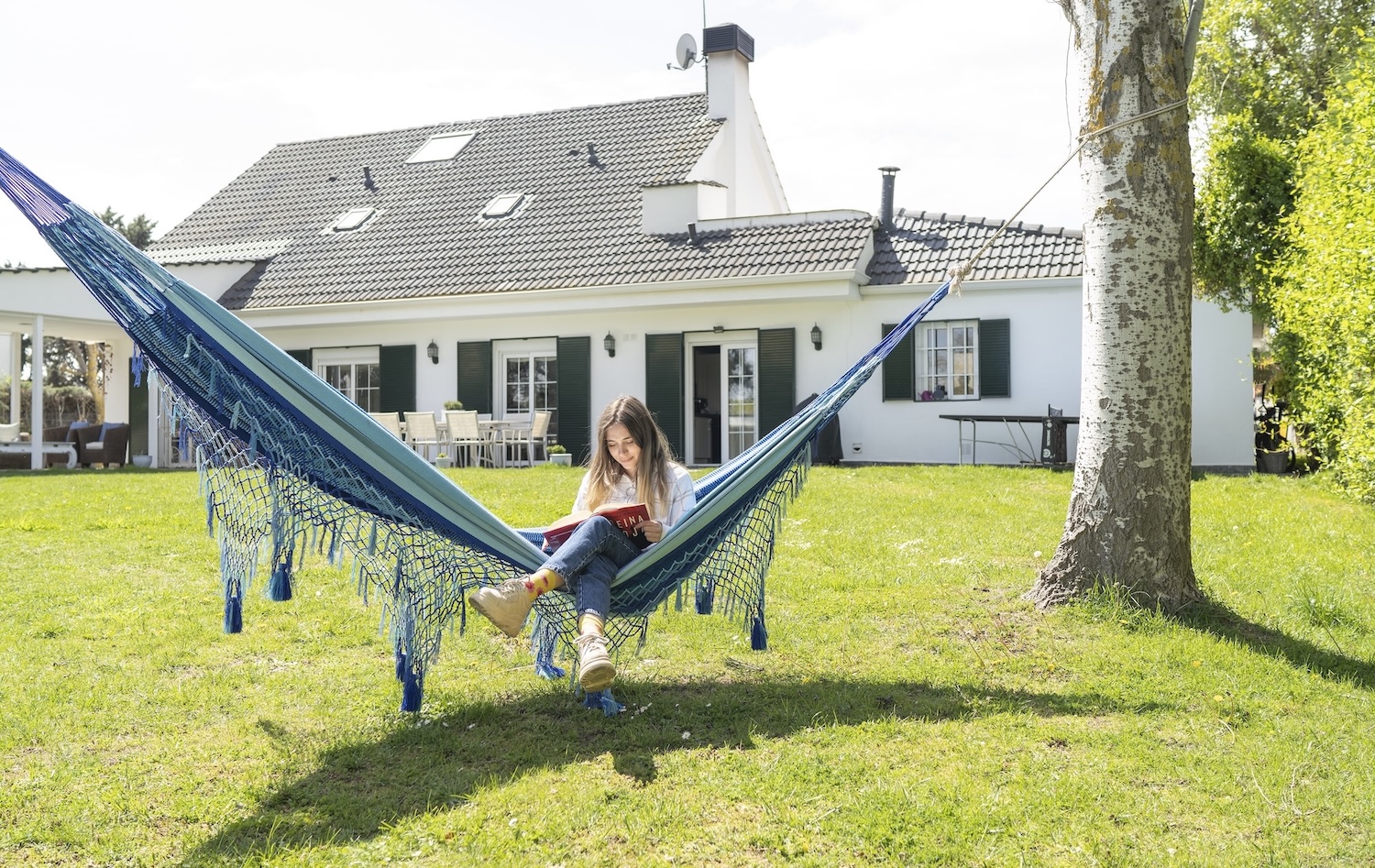
Protection of our homes amidst the great ‘Summer Evacuation’ of festivals and holidays
Summer is here, as well as the period when we wind down from work and gear up for the most social season of the year. The summer season traditionally unlocks a multitude of opportunities for enjoyment, escape, and life-enhancement.
Protection of our homes amidst the great 'Summer Evacuation' of festivals and holidays
Summer is here, as well as the period when we wind down from work and gear up for the most social season of the year. The summer season traditionally unlocks a multitude of opportunities for enjoyment, escape, and life-enhancement.
Many continental European countries take extended breaks during July or August, a habit ingrained from old manufacturing industries, where stopping assembly lines for maintenance meant it made sense for everyone to take time off together. Conversely, in the more traditionally colder countries like the Nordics, after working through the cold, hard, dark winter people want time to enjoy the best that summer has to offer.
Going on a beach holiday, travelling to second homes by the lake or coast, or visiting relatives in other parts of the country means primary homes are left unattended for weeks, and therefore more at risk to potential burglary and theft. The consequences of which might not be discovered for days or weeks until people return. With the greater potential for burglary comes a greater need for protection from it – which may explain why there is an increase in consideration and installation of alarms and security systems ahead and during the summer period.
According to Verisure's research, spending time away from home was a popular reason to why people get security systems in Europe. For example, countries who valued this highly were Finland (14%), Netherlands (13%), Norway (11%), and Spain (11%).
An important and emerging driver to why people get security systems was also because their 'second residence was empty', with Spain (11%) and France (5%) citing it as a reason why they installed security systems.
To help safeguard your summer, Verisure offers some tips and guidance to keep your home as safe and secure as possible while you're on holiday or enjoying the cultural delights.

About Verisure's study
Verisure's study was undertaken by Kantar, comprising seventeen markets (Spain, France, Norway, Finland, Denmark, Belgium (Flanders and Wallonia), Netherlands, Italy, UK, Portugal, Germany, Ireland, Brazil, Peru, Sweden, Chile and Argentina), extracted from two different studies, with a collective sample size of 18,213, of nationally representative 25–65-year-old decision or co-decision makers, comparing data collected from 2021 and 2022.
